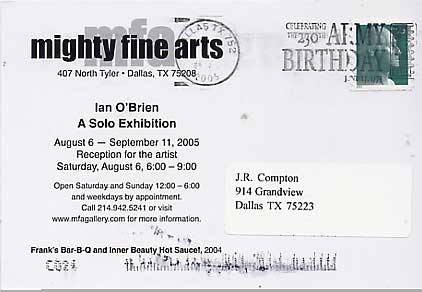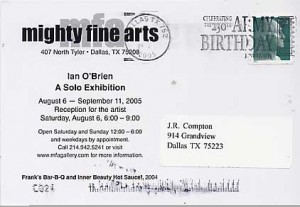The 80/20 Rule: AKA The Pareto Principle
You may have come to one of my live programs and heard me speak of the 80/20 rule. I thought this brief explanation might help you continue to shape your 2014 so that you have the BEST take on how to spend your resources (time, energy and money) in support of your dreams and goals.
The 80/20 Rule is one of the most helpful of all concepts of time and life management. It is also called the “Pareto Principle” after its founder, the Italian economist Vilfredo Pareto, who first wrote about it in 1895. Pareto noticed that people in his society seemed to d ivide naturally into what he called the “vital few”, the top 20 percent in terms of money and influence, and the “trivial many”, the bottom 80 percent.
ivide naturally into what he called the “vital few”, the top 20 percent in terms of money and influence, and the “trivial many”, the bottom 80 percent.
He later discovered that in economics, virtually all activity was subject to this principle as well. For example, this principle says that 20 percent of your activities will account for 80 percent of your results, 20 percent of your customers will account for 80 percent of your sales, 20 percent of your products or services will account for 80 percent of your profits, 20 percent of your tasks will account for 80 percent of the value of what you do, and so on. This means that if you have a list of ten items to do, two of those items will turn out to be worth five or ten times or more than the other eight items put together.
Number of Tasks versus Importance of Tasks
Here is an interesting discovery. Each of the ten tasks may take the same amount of time to accomplish. But one or two of those tasks will contribute five or ten times the value of any of the others.
Focus on Activities – Accomplishments will Come
The most valuable tasks you can do each day are often the hardest and most complex. But the payoff and rewards for completing these tasks efficiently can be tremendous. For this reason, you must adamantly refuse to work on tasks in the bottom 80 percent while you still have tasks in the top 20 percent left to be done.
Before you begin work, always ask yourself, “Is this task in the top 20 percent of my activities or in the bottom 80 percent?”
The hardest part of any important task is getting started on it in the first place. Once you actually begin work on a valuable task, you will be naturally motivated to continue. A part of your mind loves to be busy working on significant tasks that can really make a difference. Your job is to feed this part of your mind continually.
Getting Motivated
Just thinking about starting and finishing an important task motivates you and helps you to overcome procrastination. Time management is really life management, personal management. It is really taking control of the sequence of events. Time management is having control over what you do next. And you are always free to choose the task that you will do next. Your ability to choose between the important and the unimportant is the key determinant of your success in life and work.
Effective, productive actors discipline themselves to start on the most important task that is before them. As a result, they accomplish vastly more than the average actor and are much happier as a result. This should be your way of working as well.
I wish you much success in your journey. May it be fun, fruitful, and always spent engaging on the things that lead you to your greatest dreams and desires! Lisa







